Chile Mora: The Smoky Secret Behind Mexican Heat
Table of Contents
- Introduction: Discovering Chile Mora
- What Is Chile Mora?
- Heat Level & Flavor Profile
- Common Uses in Cooking
- Buying Guide: How to Choose the Best Chile Mora
- Pro Tips for Cooking with Chile Mora
- Flavor Pairings That Shine with Chile Mora
- Storing Your Chile Mora Like a Pro
- Conclusion: Make Chile Mora Your Next Spice Obsession
Introduction: Discovering Chile Mora
If you’ve ever bitten into a dish that made your tongue tingle, eyes water, and heart race — all while keeping you coming back for more — then you've probably encountered chile mora. This lesser-known gem of Mexican cuisine is slowly making its way into spice cabinets across the globe.
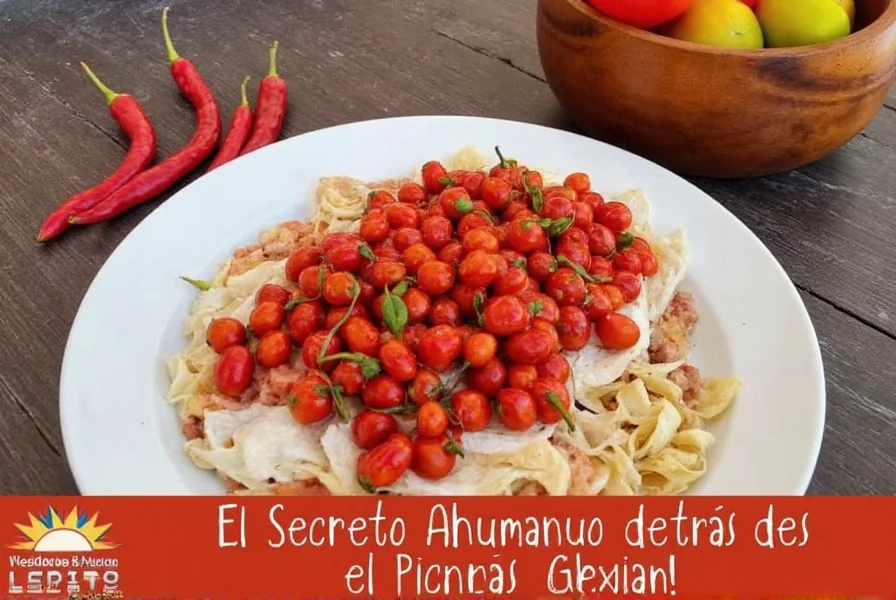
Bright, bold, and packed with flavor, chile mora isn’t just about heat. It’s about depth, smokiness, and versatility. Whether you're a seasoned chef or a weekend griller, it's time to get to know this chili that’s flying under the radar but deserves center stage.
What Is Chile Mora?
Chile mora (Capsicum annuum) is a type of chili pepper native to Mexico, often compared to poblano or ancho peppers but with its own unique twist. Its name comes from the Spanish word "mora," meaning blackberry, likely referring to its dark hue when dried. But unlike fruit namesakes, this pepper brings fire — both literally and figuratively — to the table.

Fresh chile mora is usually green to deep red, and when dried, it turns almost blackish-purple. Its thick skin and meaty texture make it perfect for roasting, stuffing, or grinding into powder for sauces and rubs.
Heat Level & Flavor Profile
If you’re wondering how spicy chile mora is, here’s a quick breakdown:
| Pepper | Scoville Units | Flavor Notes |
|---|---|---|
| Poblano | 1,000–2,000 | Mild, earthy, slightly sweet |
| Ancho | 1,000–2,000 | Dried poblano, fruity, raisin-like |
| Chile Mora | 2,500–5,000 | Smoky, rich, chocolate undertones |
| Jalapeño | 2,500–8,000 | Grassy, crisp, medium-hot |
So yes, chile mora has some kick — but it’s not overwhelming. Think of it as the smoky cousin of jalapeño who vacations in Oaxaca and came back with stories and spices. It adds warmth without drowning out other flavors, making it ideal for layered dishes like moles, stews, and salsas.
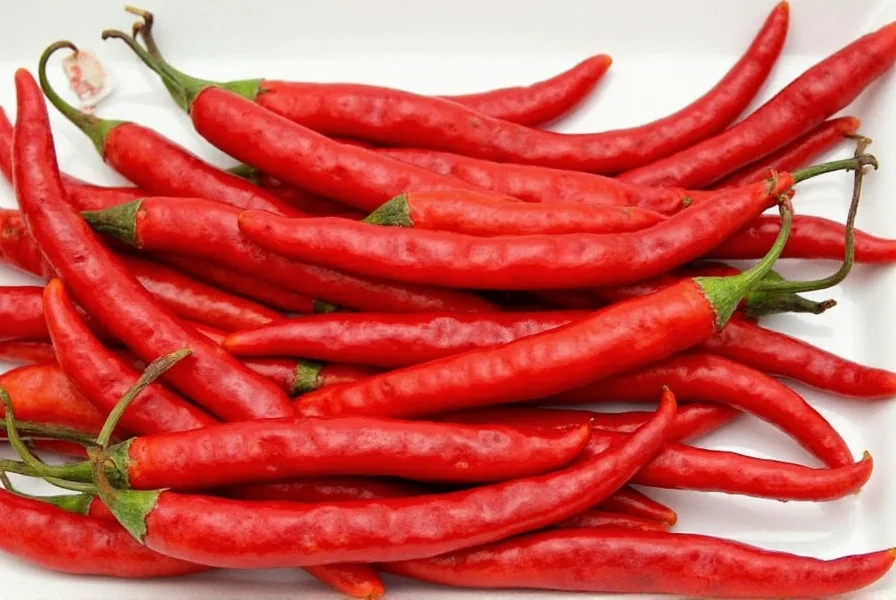
Common Uses in Cooking
Chile mora plays well with others — especially in traditional Mexican cooking. Here are some popular ways to use it:
- Rubbed on meats: Ground chile mora adds depth to grilled chicken, pork, or steak marinades.
- Used in sauces: Blend roasted mora with garlic, tomatoes, and herbs for a rich, smoky sauce perfect for enchiladas or tacos.
- Stuffed and baked: Fresh mora can be hollowed, filled with cheese or meat, then roasted until soft and blistered.
- Infused oils: Add dried chiles to olive oil to create a flavorful base for drizzling over soups or dips.
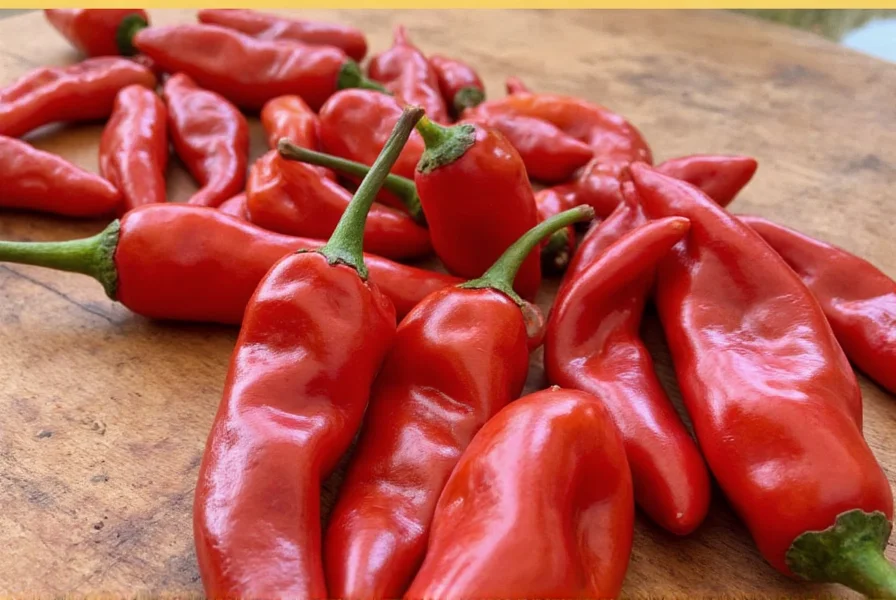
Buying Guide: How to Choose the Best Chile Mora
Shopping for chile mora can feel daunting if you're new to specialty peppers. Here’s what to look for, whether you're at a local market or browsing online spice shops:
- Fresh vs. Dried: Fresh mora should be firm with smooth skin. Avoid wrinkled or soft ones. Dried mora should be flexible, not brittle.
- Color: Green means mild; red means hotter and more mature. Dark purple or black indicates fully dried versions with intense smoky notes.
- Size: Longer, thinner peppers tend to be hotter than shorter, plumper ones.
- Origin: Authentic Mexican-grown mora (especially from Puebla or Oaxaca) offers superior quality and flavor.
| Product Type | Best Use | Features | Price Range |
|---|---|---|---|
| Fresh Chiles | Stuffing, roasting, grilling | Meaty texture, easy to char | $2–$5 per pound |
| Dried Whole Chiles | Sauces, moles, rehydrating | Rich color, pliable skin | $4–$8 per ounce |
| Ground Chile Mora Powder | Dry rubs, seasoning blends | Convenient, smoky aroma | $6–$12 per jar |
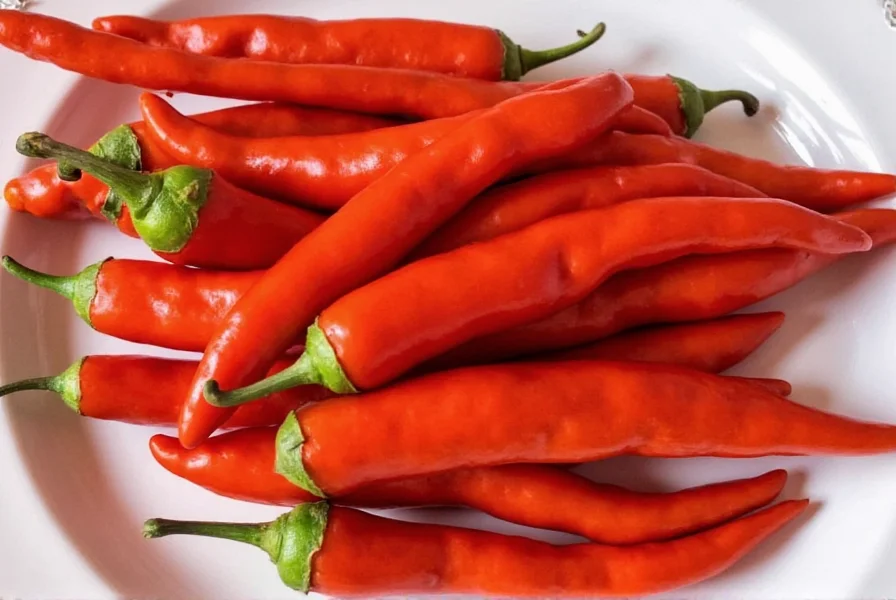
Pro Tips for Cooking with Chile Mora
To get the most flavor out of your chile mora, follow these steps:
- Roast it first: Charring the skin intensifies its smokiness. Place over open flame or under broiler until blistered.
- Remove seeds carefully: Most heat lives in the seeds and veins. For milder flavor, remove them before using.
- Rehydrate properly: Soak dried chiles in hot water or broth for 15–20 minutes before blending into sauces.
- Pair with fat: Chili + fat = flavor magic. Try adding to avocado, sour cream, or cheese-based dips.
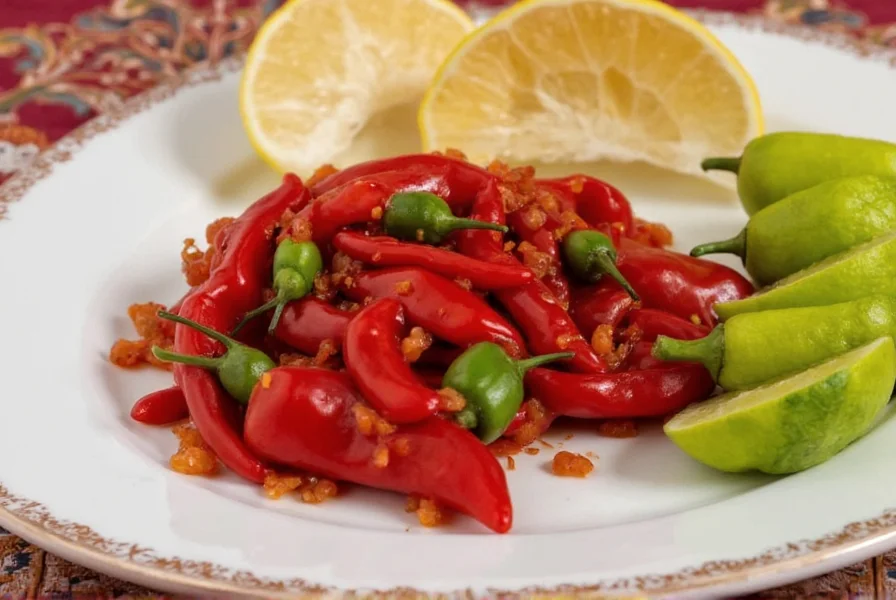
Flavor Pairings That Shine with Chile Mora
The beauty of chile mora lies in its versatility. It pairs wonderfully with:
- Chocolate: Yes! Its smoky notes complement dark cocoa in mole sauces or desserts.
- Lime: A squeeze of citrus lifts the richness and balances the heat beautifully.
- Cumin: Adds earthiness that complements the chile’s natural smokiness.
- Tomatoes: Sweet and acidic, tomatoes contrast nicely with the warmth of chile mora.
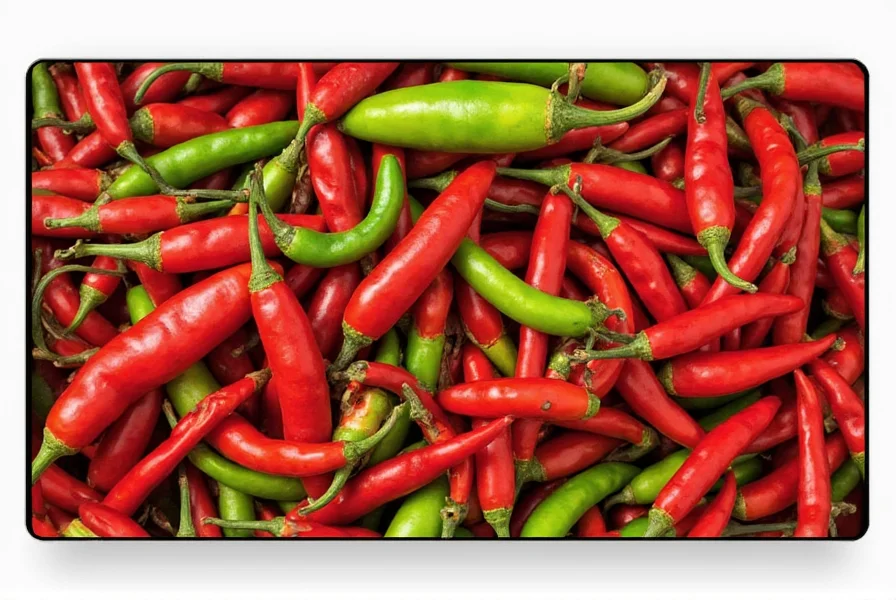
Storing Your Chile Mora Like a Pro
Want your chiles to last longer? Here’s how to store them:
- Fresh chiles: Store in a paper bag inside the fridge for up to 1 week.
- Dried chiles: Keep in an airtight container away from light and moisture for up to a year.
- Freezing: Roast and freeze whole or chopped in ziplock bags for up to 6 months.
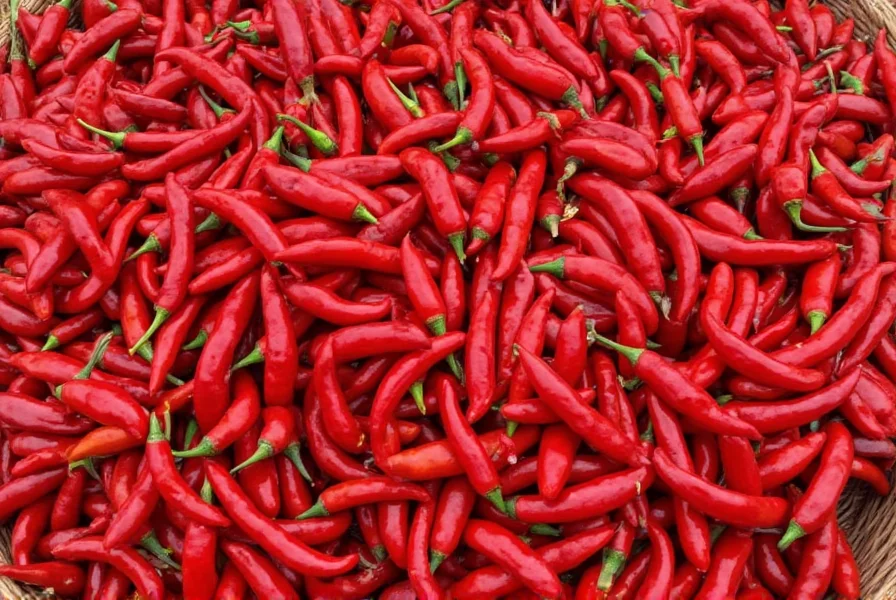
Conclusion: Make Chile Mora Your Next Spice Obsession
Whether you're spicing up your weeknight dinner or impressing guests with a homemade mole, chile mora deserves a spot in your pantry. It’s smoky, complex, and surprisingly versatile — the kind of ingredient that turns everyday meals into something memorable.
So next time you're shopping for spices, don’t overlook this dark-hued powerhouse. Give chile mora a try — and prepare your taste buds for a delicious awakening!
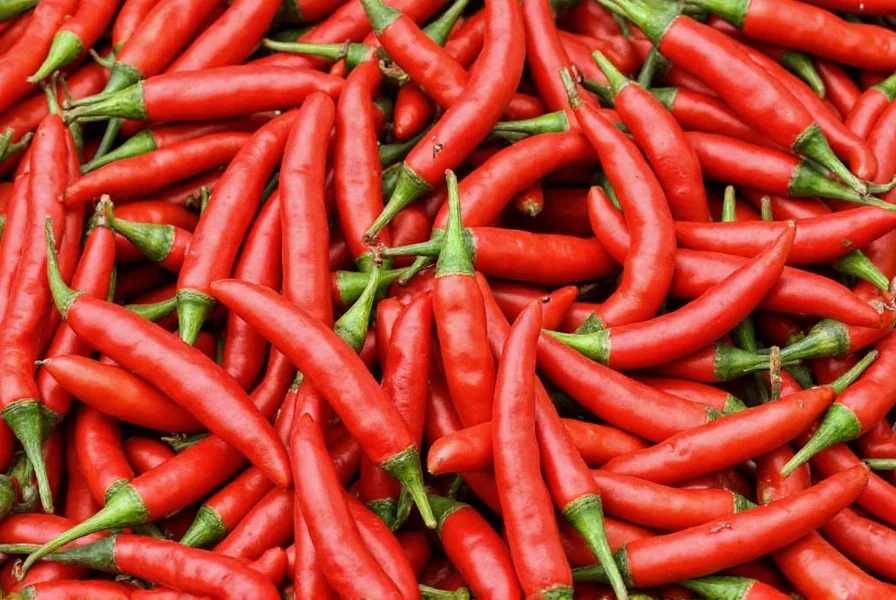











 浙公网安备
33010002000092号
浙公网安备
33010002000092号 浙B2-20120091-4
浙B2-20120091-4